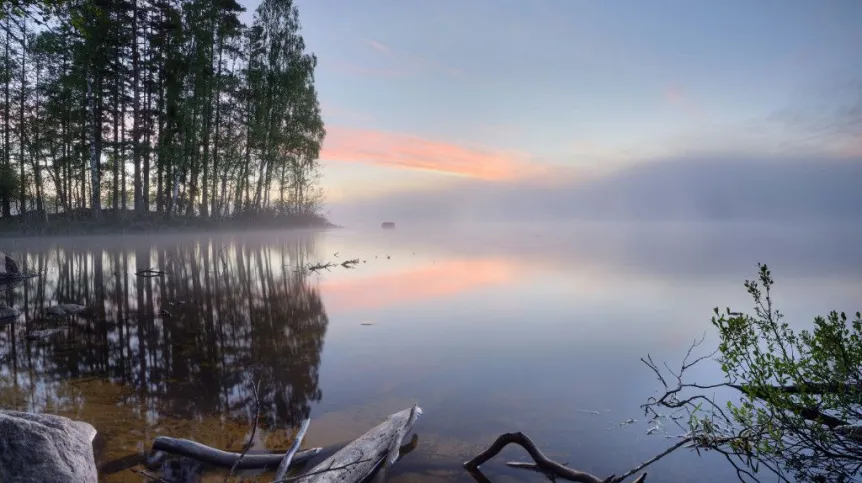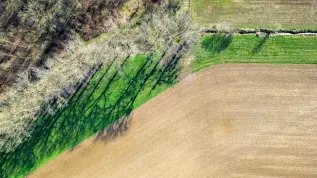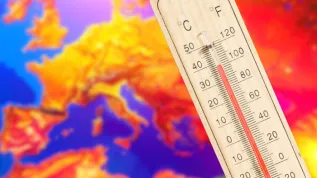
Development of agriculture and climate change causes a decrease in oxygen levels in inland waters which harms ecosystems and reduces the quality of drinking water, new research has found.
An international team of researchers analysed data covering the period from 1941 to 2017 for nearly 400 US and European lakes. They were interested in changes in oxygen concentration. They explain that so far, there was no knowledge about the evolution of inland water oxygenation.
The analysis showed a disturbing trend.
The team’s Professor Julita Dunalska from the Faculty of Oceanography and Geography of the University of Gdańsk said: “A detailed analysis of over 45,000 thermal and oxygen profiles showed that the phenomenon of decreasing oxygen content over a few decades reaches 5.5 percent on the surface and up to 18.6 percent at the bottom.
“In warmer surface waters, the decrease of oxygen content is mainly associated with a lower solubility of this gas, and in the waters near the bottom with stronger thermal stratification and lower transparency.”
This is dangerous, she continued, as a sharp drop in the amount of oxygen, especially at the bottom, can disrupt the metabolism of aquatic ecosystems. The oxygen concentration helps to regulate biodiversity and concentration of nutrients. It also affects greenhouse gas emissions and on the quality of drinking water.
Dunalska said: “Until now, such a huge database has never been analysed. The results show that the progression of the process and is a signal for us that we must learn to react to it.”
She added that further research can be carried out by the Limnology Station of the University of Gdańsk in Borucin on the Radunskie Górne Lake, which is a model object for analysing changes of metabolic processes in inland waters.
The analyses carried out at the station may be complemented by additional meteorological observations and evaporometric measurements, which should ensure huge research and educational opportunities.
She said: “I realize how important education is. The condition of the lakes, the quality of water depends on us to a large extent.”
The researchers are now planning training sessions for specialists and extensive scientific and educational activities.
Find out more: https://www.nature.com/articles/s41586-021-03550-y (PAP)
mat/ agt/ kap/
tr. RL













